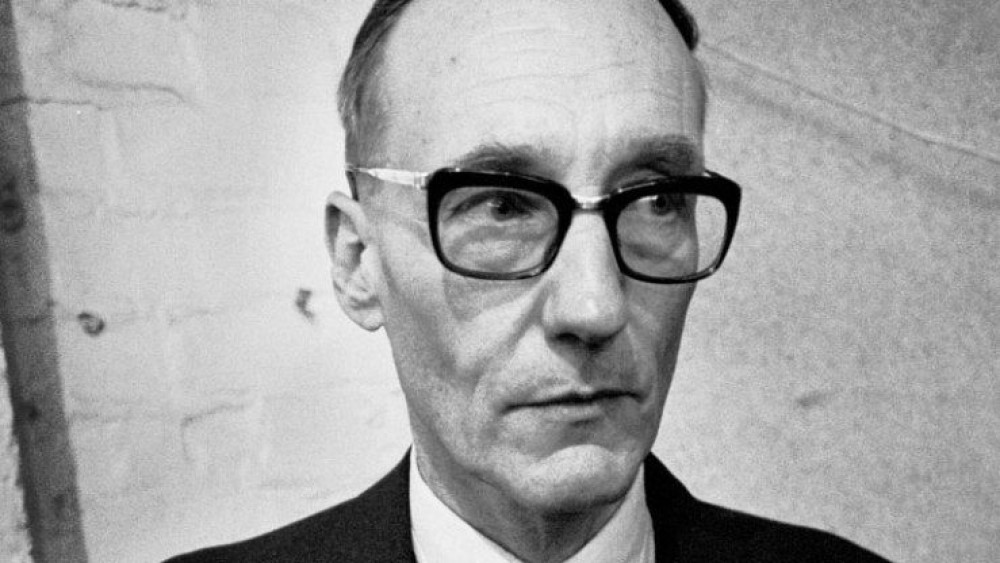
As one of the most controversial writers of the twentieth century, William S. Burroughs pushed the form of the novel to its outermost limits and introduced previously-unexplored or taboo themes such as drug culture, sexual explicitness, and systems of control. Born in 1914 into a prominent St. Louis family, Burroughs eventually traveled to New York and met writers Allen Ginsberg and Jack Kerouac in the mid-1940s. Later the trio of outlaw literary figures would be credited with starting the Beat Movement: an artistic outpouring of nontraditional, free expression. Burroughs’s breakout work came in 1959 with the publication of Naked Lunch, a novel that also has the distinction of being the last major book to be prosecuted for obscenity in the United States. Today, Burroughs’s influence can be felt throughout the world of artists – musicians, filmmakers, visual artists, and in particular writers. He was elected to the American Academy and Institute of Arts and Letters in 1984.
Long before Burroughs was stirring up the avant-garde scene, he was a brilliant high school student who was accepted into Harvard University in 1932. By all accounts, it seemed that Burroughs (who was the grandson and namesake of the man who invented the adding machine and started the Burroughs Corporation) was destined to a life of respectability. An English major, his favorite writers at Harvard gave no hint of what was ultimately to come out of his typewriter. They included Shakespeare, Coleridge, James Joyce, Joseph Conrad, and Franz Kafka, among others.
During the summers, Burroughs got his first taste of print media by working as a cub reporter for the St. Louis Post-Dispatch, even covering the police docket. Then he'd return to Cambridge in the fall, where his academic listlessness was being replaced with a worldly curiosity. As a student, he began making trips from Harvard to New York City, where he was introduced to the counterculture, including "lesbian dives," piano bars, and the Harlem and Greenwich Village underground. Nonetheless, Burroughs completed his undergraduate studies and in 1936 he graduated from Harvard with a Bachelor of Arts in English.
In his own way, Burroughs has certainly remained part of the Harvard family. For instance, in the years before World War II, he briefly returned to Harvard and did some graduate work in cultural anthropology and ethnology. These days, Harvard's Houghton Library is home to a considerable Burroughs collection, including a large archive of personal correspondences, drafts, rare first edition copies, photographs, and other works that provide invaluable insight into one of Harvard's most unique minds.
